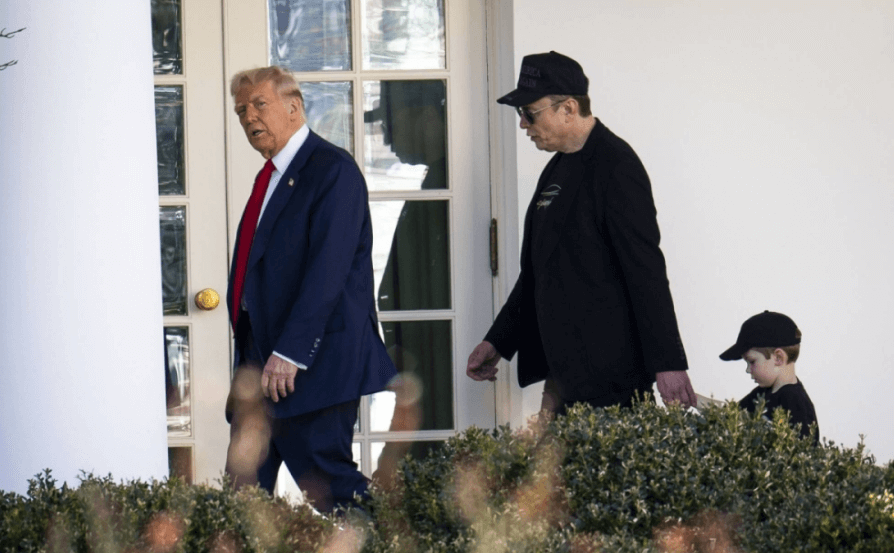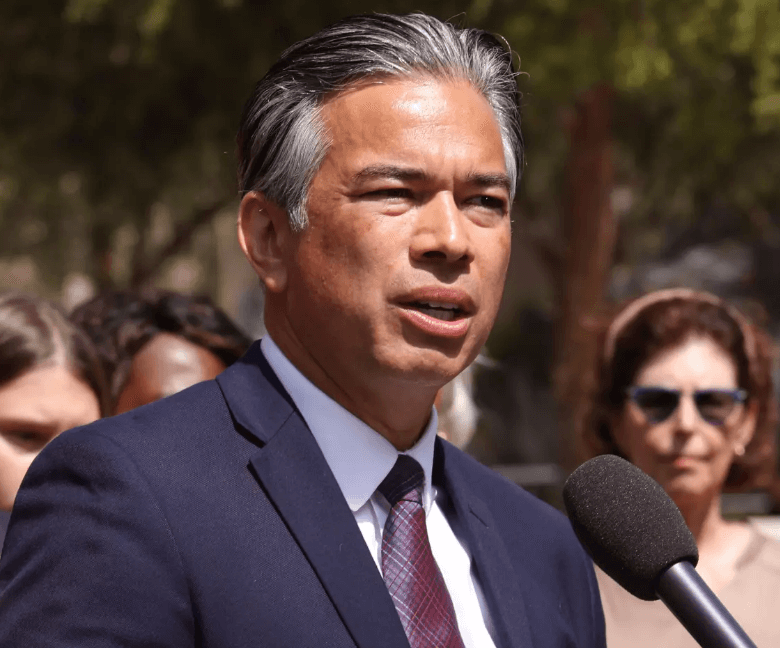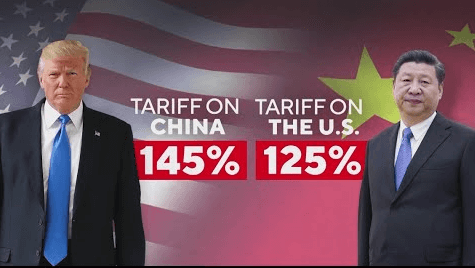In a move raising eyebrows across Washington, the Pentagon intends to provide an extremely classified rundown to billionaire business magnate Elon Musk regarding senior U.S. military scenarios for engaging in a war with China, U.S. officials informed news agency AFP on Tuesday.
Friday’s scheduled briefing will, on the agenda, include O-plans that are among the army’s highest-confidence secrets, news agency reports unveiled.
While details are scarce, officials say that the briefing includes 20 to 30 slides on how the United States would identify, respond, and escalate military action in case of war with China.
The material ranges from early warning indicators to proposals for precision strikes and timelines — the type of high-level planning typically withheld behind closed doors from military commanders to the President himself.
Musk’s Increasing Role in Government Raises Questions
This degree of unprecedented access is a significant rise in Musk’s influence in the Trump administration. Already leading the administration’s initiative to cut government spending through the Department of Government Efficiency (DOGE), Musk is now making a foray into national security space — an area that his involvement is making nervous about ethics and conflicts of interest.
Musk, being both the CEO of SpaceX and Tesla, has incredible financial ties to the U.S. government — and China. Tesla’s factory in Shanghai, which produces more than half the company’s global output, was built with overt Chinese government backing.
He further has billions of Chinese loans, as well as a past track record of praising the nation’s leadership and policy publicly.
A Defense Contractor with Front-Row Access
Although Musk holds a security clearance, ethics experts are sounding the alarm at the decision to provide a private businessman — and a defense contractor — with direct access to war contingency plans.
Pentagon officials assert that being informed about how the military will fight a future war is part of DOGE’s mission to drive down costs and rethink military spending.
For example, Musk has publicly denounced the $12 billion-a-year F-35 fighter program of the Pentagon and advocated for cutting expenditure on traditional weapons systems like aircraft carriers, and suggesting drones and new technology might be more affordable.
But this type of inside information would place Musk and SpaceX at an unfair competitive advantage in competing for future government contracts — especially considering that SpaceX already plays a major role in creating and launching U.S. military satellites, including new constellations of Starlink.
SpaceX, Starlink, and the Pentagon’s China Focus
Musk’s growing influence overlaps with the U.S. military’s growing emphasis on China, specifically space-based warfare. China has developed capabilities to attack U.S. satellites, and Starlink’s strong low-earth orbit network is now considered a key component of U.S. military communications infrastructure.
The briefing will reportedly include input from top military leaders, including Adm. Christopher Grady, acting Chairman of the Joint Chiefs of Staff, and Adm. Samuel Paparo, commander of Indo-Pacific Command.
They will be walking Musk through the key elements of the Pentagon’s China contingency plan — a briefing that few private citizens, and certainly no CEOs, ever receive.
A Potential Goldmine of Military Opportunity
This access comes amid Trump’s recent push for a new space-based missile defense system named “Golden Dome” — an effort costing multibillions of dollars that would significantly profit Musk’s companies.
SpaceX already stands to provide the rockets, satellites, and communications infrastructure that must be built in order to create such a system.
Nevertheless, Musk’s access to classified information and recent Pentagon inspector general investigations into foreign contacts and security measures are raising new questions. In the past, even the Air Force denied him clearance to the next higher level because of potential vulnerabilities.
The Bigger Picture
As Musk’s presence in the federal government grows — from infrastructure cuts to defense strategy — the line between public policy and private business continues to fade.
His furnishing of war plans to China is perhaps the most tangible example yet of how a single man’s business empire has become so deeply entangled with the machinery of U.S. national defense.
Whether this move is a courageous leap towards innovation or a wild game of conflict of interest is a question that will surely echo long after Friday’s meeting at the Pentagon.







Leave a Reply